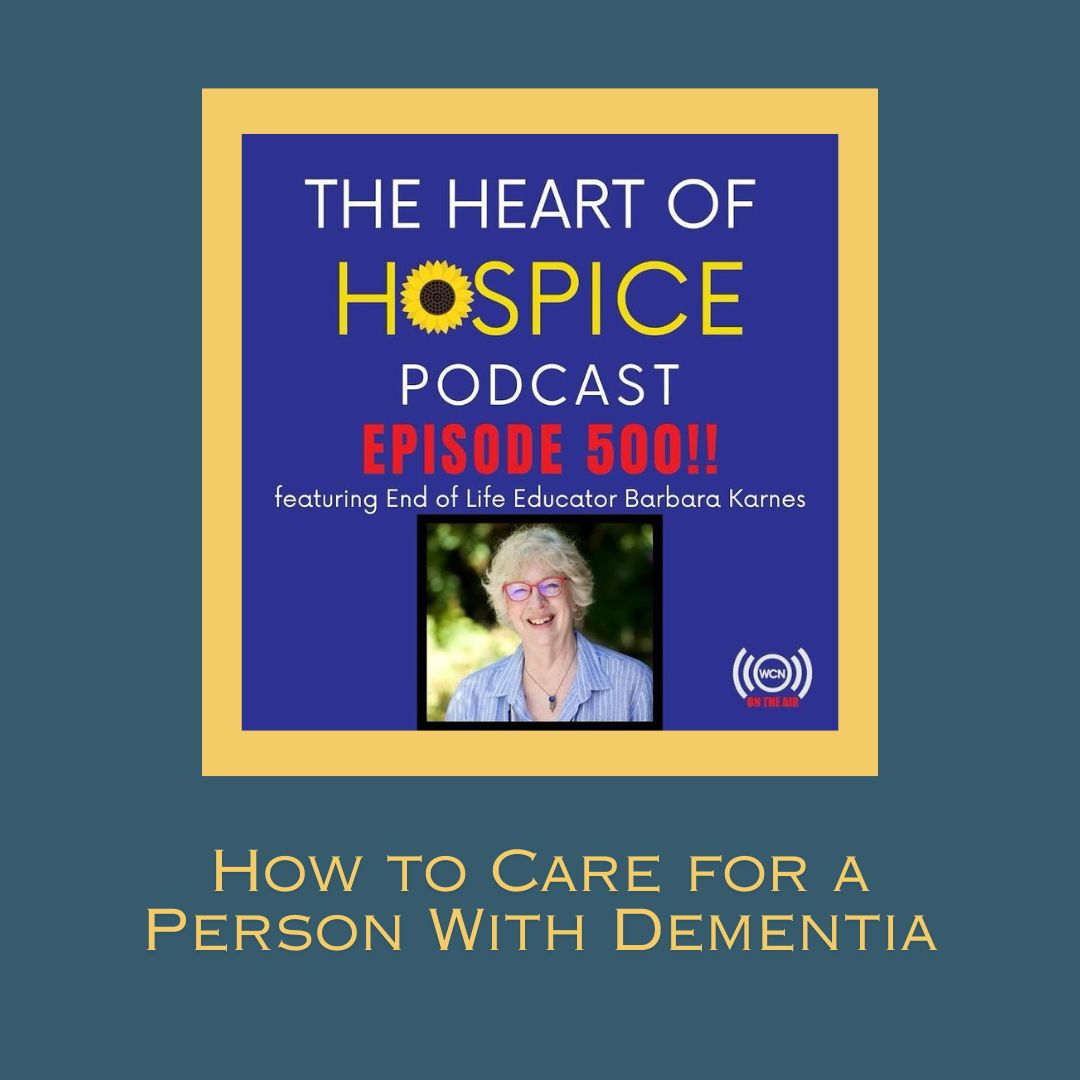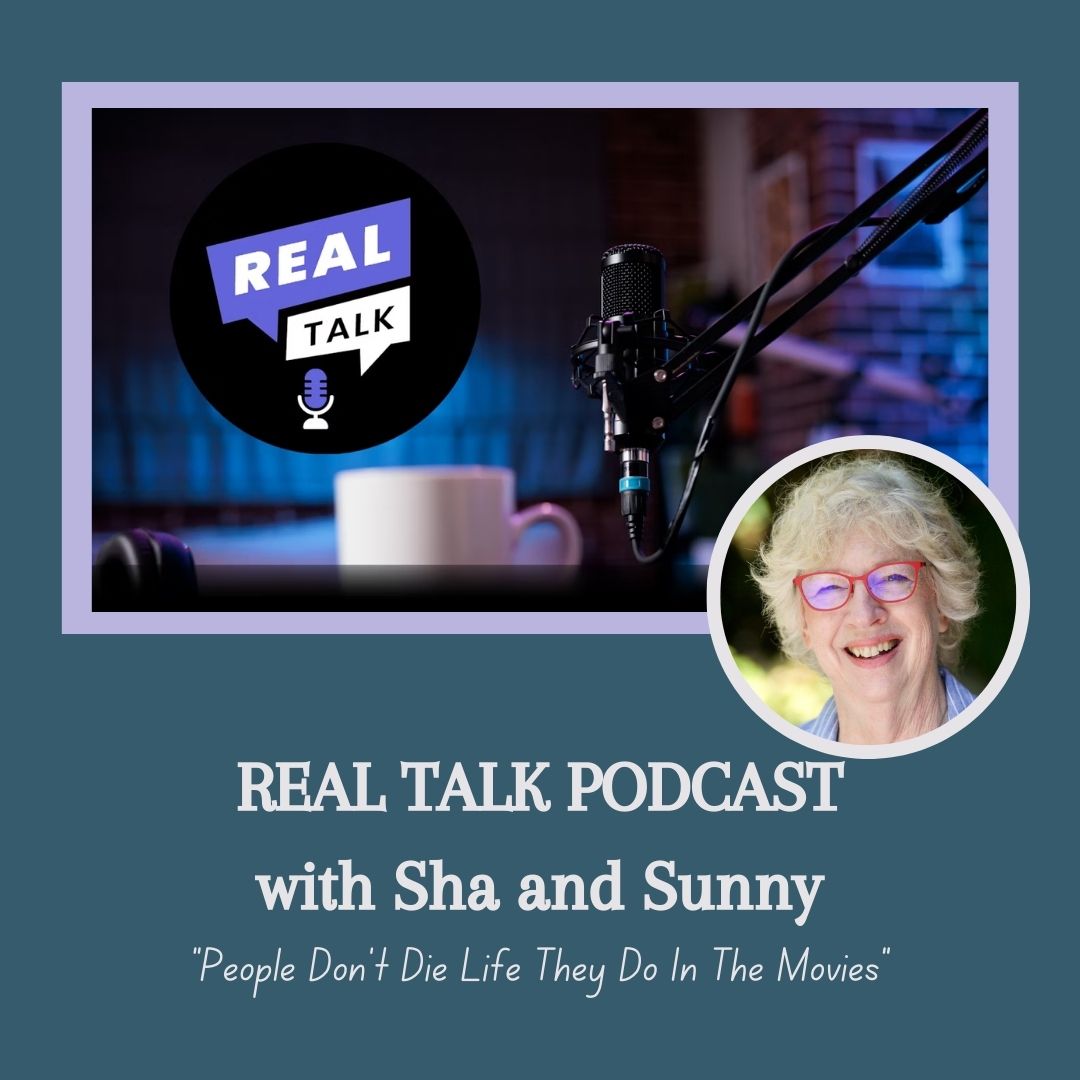In the 1970s, Elizabeth Kubler Ross and Dame Cicely Saunders revolutionized our approach to death. While Kubler Ross emphasized the neglect of the dying in America, Saunders proposed a novel philosophy with her Hospice program. The focus shifted from mere medical treatment to a holistic approach of embracing life during the dying process.
Our guest, Barbara Karnes, a registered nurse, embarked on her hospice journey driven by Saunders' vision. Inspired by the idea of creating a space for living, Barbara started volunteering for hospice. The original essence of hospice, existing outside the medical model, has been gradually absorbed, and Barbara sees the emergence of end-of-life doulas as a refreshing return to that independent, compassionate approach.
She envisions a future where end-of-life doulas integrate into the hospice model, providing the crucial gift of time that medical professionals often lack. Barbara emphasizes the importance of educating communities about the distinctive role of doulas, urging them to connect with churches, senior citizen communities, and nursing facilities.
The conversation delves into the societal perception of death as a medical emergency and the reluctance to let go. Barbara advocates for a shift in mindset, facilitated through community education and open dialogue about death. She believes that normalizing death will lead to a more balanced approach to living.
Reflecting on historical shifts in how death is handled, Barbara notes a cyclical pattern. From deaths at home to hospital settings and now a return to a preference for dying at home, education plays a crucial role in shaping societal attitudes. She encourages parents to discuss death openly with their children, contributing to a more informed and accepting future.
Barbara's philosophy underscores life as a continual learning process, emphasizing the importance of expressing love regularly. Drawing parallels between life's tightrope walk and our attempts to balance experiences, she stresses the significance of never leaving words unspoken.
Corresponding resource:
The End of Life Family Support Bundle
Jill C. McClennen








2 comments
Lynne Hulsebos
I am a hospice chaplain. It seems for hospice I do the things that a doula would do. Is the difference the fact that a doula can spend more time with the dying person?
———
BK Books replied:
Hi Lynne,Thanks for asking. Yes, EOL doulas have the time to support and guide a patient and family through their end of life experience. Very important is they can be at the bedside in the hours before death and at the moment of death. This is sacred time when guidance is most important and sadly most hospice families are alone. Blessings to you in the work you are doing. Barbara
I am a hospice chaplain. It seems for hospice I do the things that a doula would do. Is the difference the fact that a doula can spend more time with the dying person?
———
BK Books replied:
Hi Lynne,Thanks for asking. Yes, EOL doulas have the time to support and guide a patient and family through their end of life experience. Very important is they can be at the bedside in the hours before death and at the moment of death. This is sacred time when guidance is most important and sadly most hospice families are alone. Blessings to you in the work you are doing. Barbara
Kayleen Pritchard
In the 70’s my brother died at age 31 of natural causes. This led my family of origin to explore dying journeys, transitioning handled by other cultures, attending Elizabeth Kubler Ross conferences, hospice as conceived after WWII and life beyond life. Barbara Karnes is a breath of fresh air for today because she sees the history of hospice care, and adds to this a good look at what is happening in this field today. I am fascinated by doulas who provide the sacred moments for transitioning people and their families!
Please keep me informed of this. I now have two sisters who have had kidney transplants for 12 years facing dialysis and cancer now as their medicines and dying transplants have them facing end of life challenges.
Early in I chose eastern alternatives for health care and continue to educate myself on other cultures approaches to dying. I love what this podcast helps address!!
———
BK Books replied:
Hi Kayleen, thank you for sharing. Elizabeth was a starting point for me also. My blessings to you and your sisters. Barbara
In the 70’s my brother died at age 31 of natural causes. This led my family of origin to explore dying journeys, transitioning handled by other cultures, attending Elizabeth Kubler Ross conferences, hospice as conceived after WWII and life beyond life. Barbara Karnes is a breath of fresh air for today because she sees the history of hospice care, and adds to this a good look at what is happening in this field today. I am fascinated by doulas who provide the sacred moments for transitioning people and their families!
Please keep me informed of this. I now have two sisters who have had kidney transplants for 12 years facing dialysis and cancer now as their medicines and dying transplants have them facing end of life challenges.
Early in I chose eastern alternatives for health care and continue to educate myself on other cultures approaches to dying. I love what this podcast helps address!!
———
BK Books replied:
Hi Kayleen, thank you for sharing. Elizabeth was a starting point for me also. My blessings to you and your sisters. Barbara